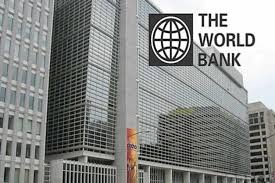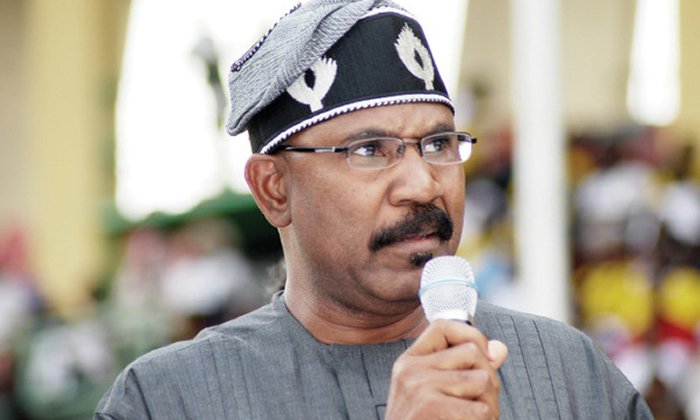Over 42 million Nigerian rural adults lack banking services- W’Bank experts
Two World Bank experts have disclosed that more than 42 million adults who live in rural areas in Nigeria lack basic banking services.
The experts are consultants, Maarten Froeling and Associate Results Measurement Specialist, Angela Garcia.
They made this disclosure on Thursday on the World Bank’s blog through an article titled ‘Agent banking helps close financial inclusion gap in Nigeria’.
“A 2021 EFInA study on trends in access to financial services in Nigeria shows that many gaps remain”.
Referencing the EFInA study, Froeling and Garcia said that 71 per cent of the urban adults have a bank account while only 40 per cent of those in rural areas have any formal account.
They added that over 60 per cent of rural communities did not have a bank branch, agent or automated machine, adding that women were less likely to be financially included than men.
Their article read in part, “For example, while 71 per cent of the urban adults have bank accounts, only 40 per cent of those in rural areas have a formal account. More than 60 per cent of rural communities surveyed don’t have a bank branch, agent or ATM”.
“Mobile money has not proved to be a widespread option as only four per cent of adults in the EFInA study (less than six per cent in 2017 according to Findex) report having such accounts.
“In addition, women are less likely to be financially included than men.. While 57 per cent of men in Nigeria have a financial account, only 45 per cent of women do. Women living in rural areas are even less likely to be financially included”.
While they stressed the role of Lift Above Poverty Organization, a Microfinance Bank, in supporting low income households, particularly women in rural communities by providing group loans, they stated that lack of easily accessible bank branches was a major challenge.
They further emphasized the need to focus on agent banking, which would help close up financial inclusion gaps in Nigeria, especially in rural areas.








